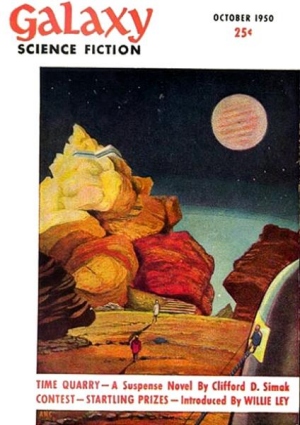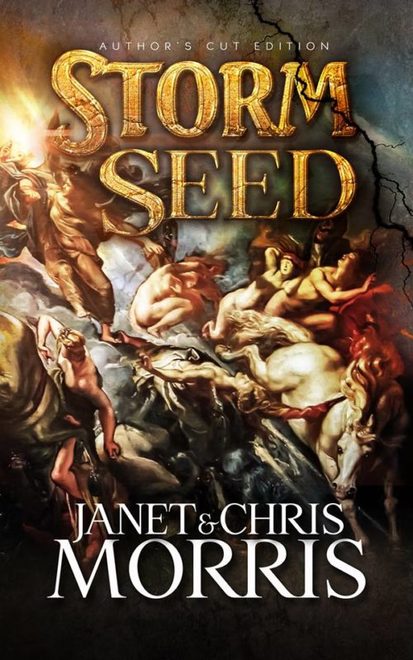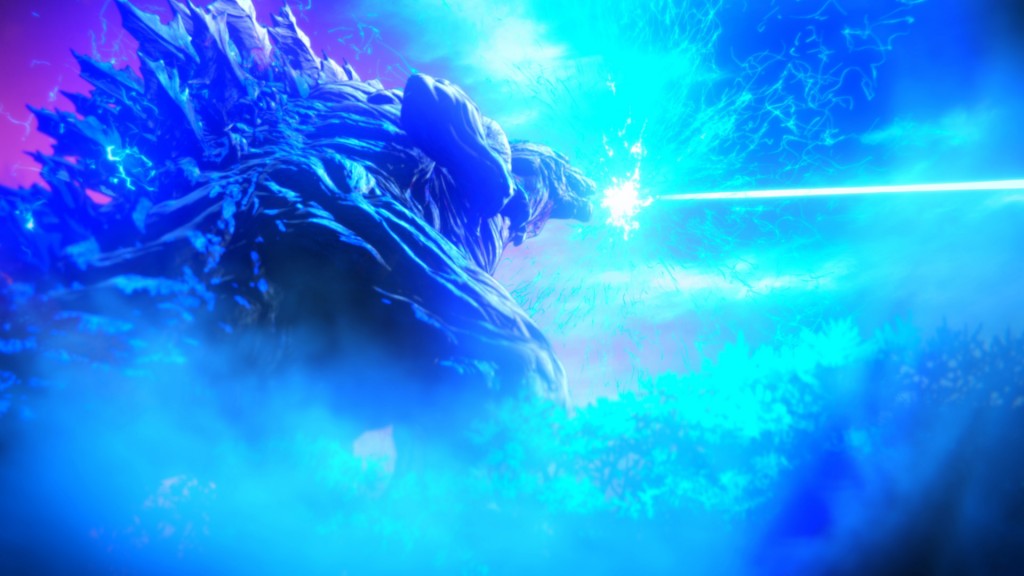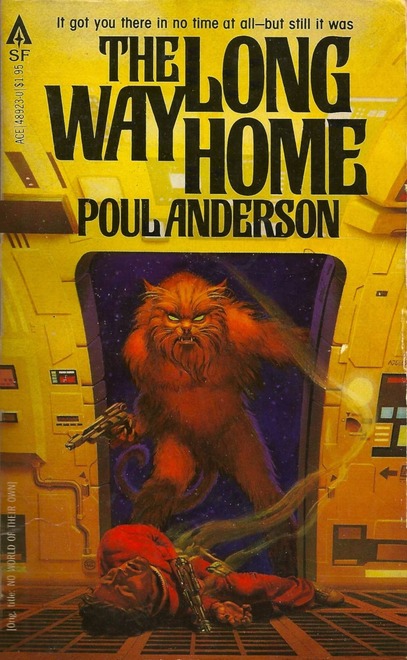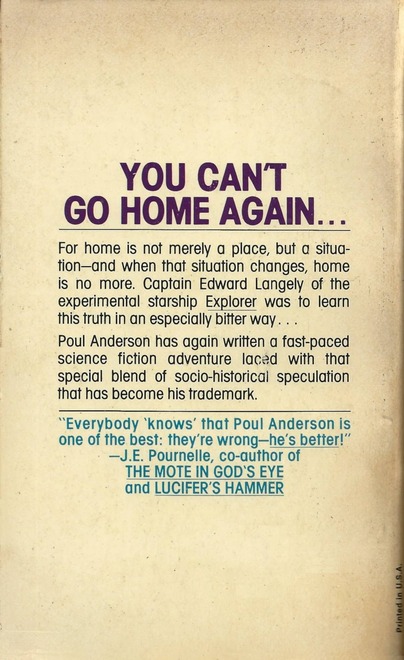Taking the Prize for Strange Worldbuilding: Jon Sprunk’s Book of the Black Earth
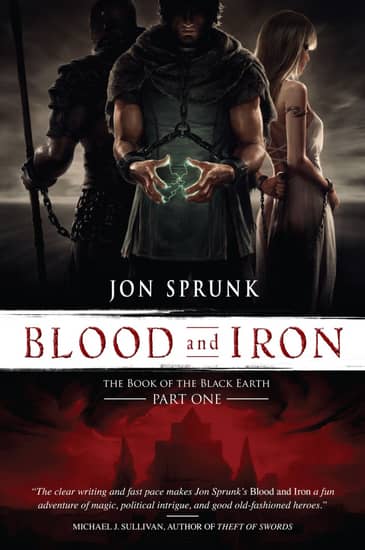 |
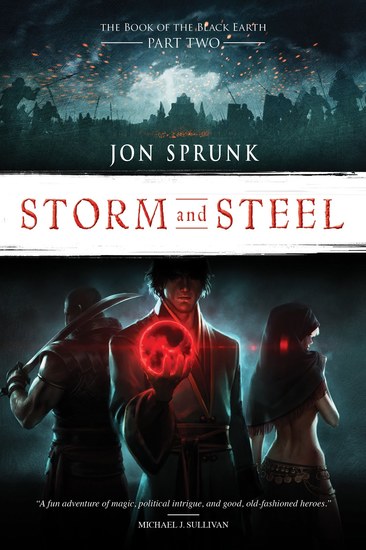 |
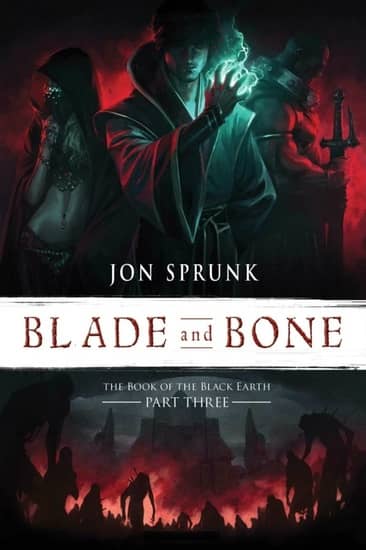 |
Blade and Bone, the long-awaited third book in Jon Sprunk’s Book of the Black Earth series, finally arrives next week. Here’s Sarah Avery from her enthusiastic review of the first one, Blood and Iron:
Of all the wild re-envisionings of the Crusades I’ve seen lately, Jon Sprunk’s Blood and Iron may be the wildest. His alternate-universe Europeans are recognizably European, but the opposing culture they face is that of a Babylonian Empire that never fell. And why has this Babylon-by-another-name persisted for thousands of years, so powerful that only its own internal strife can shake it? Because its royals actually have the supernatural powers and demi-god ancestry that the ruling class of our world’s Fertile Crescent claimed…
Jon Sprunk’s book takes the prize for strange worldbuilding. The Akeshian Empire is approximately what the Akkadian Empire might have looked like, had each of its major cities lasted as long and urbanized as complexly as Rome did… Blood and Iron is overall a strong book, full of powerful imagery and a vivid sense of place, with intriguing historical what-ifs and a sense of moral urgency to match its sense of moral complexity.
Here’s the description for the third volume, Blade and Bone.

